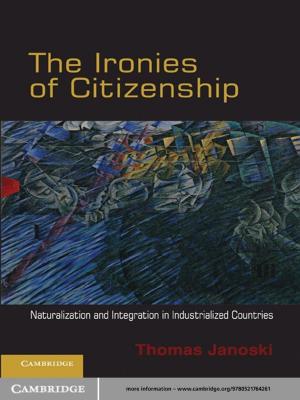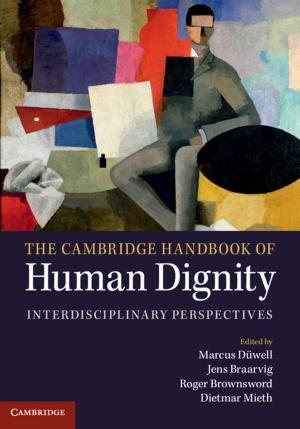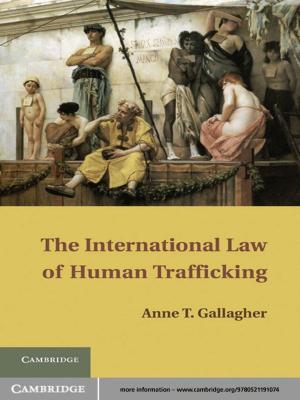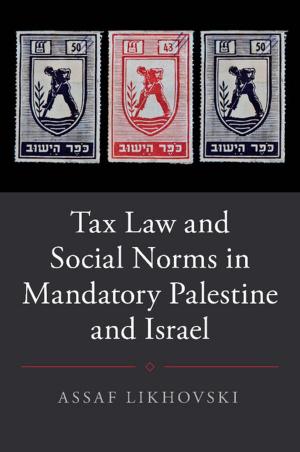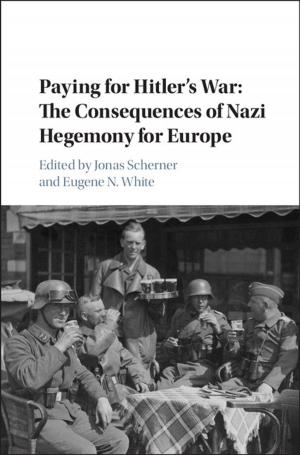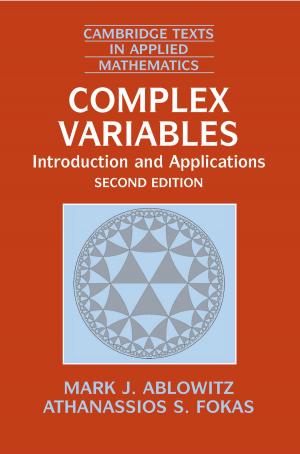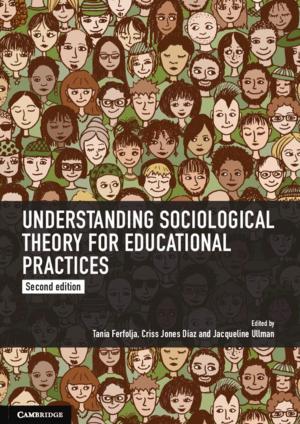Thomas Aquinas on War and Peace
Nonfiction, Religion & Spirituality, Philosophy, Ethics & Moral Philosophy| Author: | Gregory M. Reichberg | ISBN: | 9781316678886 |
| Publisher: | Cambridge University Press | Publication: | October 13, 2016 |
| Imprint: | Cambridge University Press | Language: | English |
| Author: | Gregory M. Reichberg |
| ISBN: | 9781316678886 |
| Publisher: | Cambridge University Press |
| Publication: | October 13, 2016 |
| Imprint: | Cambridge University Press |
| Language: | English |
Inquiring 'whether any war can be just', Thomas Aquinas famously responded that this may hold true, provided the war is conducted by a legitimate authority, for a just cause, and with an upright intention. Virtually all accounts of just war, from the Middle Ages to the current day, make reference to this threefold formula. But due in large measure to its very succinctness, Aquinas's theory has prompted contrasting interpretations. This book sets the record straight by surveying the wide range of texts in his literary corpus that have bearing on peace and the ethics of war. Thereby emerges a coherent and nuanced picture of just war as set within his systematic moral theory. It is shown how Aquinas deftly combined elements from earlier authors, and how his teaching has fruitfully propelled inquiry on this important topic by his fellow scholastics, later legal theorists such as Grotius, and contemporary philosophers of just war.
Inquiring 'whether any war can be just', Thomas Aquinas famously responded that this may hold true, provided the war is conducted by a legitimate authority, for a just cause, and with an upright intention. Virtually all accounts of just war, from the Middle Ages to the current day, make reference to this threefold formula. But due in large measure to its very succinctness, Aquinas's theory has prompted contrasting interpretations. This book sets the record straight by surveying the wide range of texts in his literary corpus that have bearing on peace and the ethics of war. Thereby emerges a coherent and nuanced picture of just war as set within his systematic moral theory. It is shown how Aquinas deftly combined elements from earlier authors, and how his teaching has fruitfully propelled inquiry on this important topic by his fellow scholastics, later legal theorists such as Grotius, and contemporary philosophers of just war.





